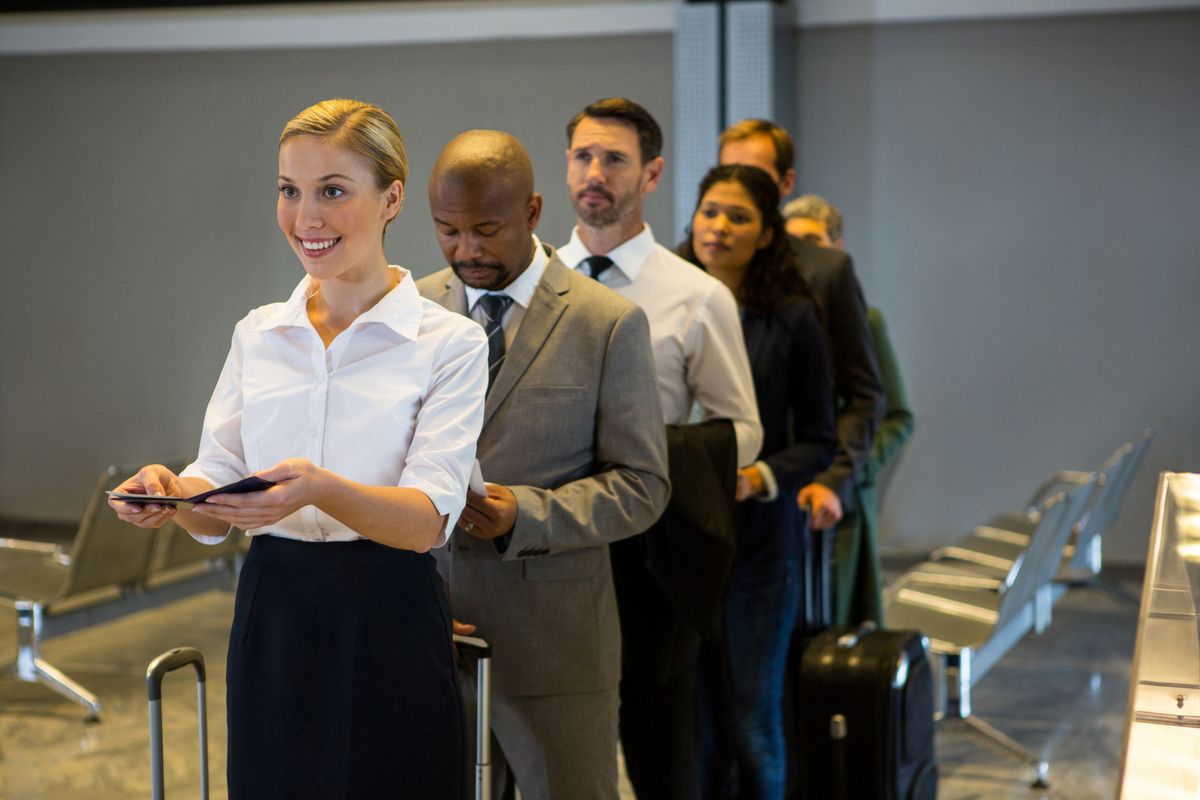Introduction
Every corporate travel manager knows the frustration of “chasing hotels.” You’ve built the RFP, sent it to dozens or even hundreds of properties, and then… silence. Days and weeks go by without responses, leaving you to send reminder emails, make calls, or escalate through chain reps.
This hidden workload is one of the biggest time and cost drains in the hotel RFP process. Travel managers spend countless hours trying to secure replies-time that could be spent on strategy, benchmarking, or stakeholder alignment. Worse, delayed responses push program timelines back and often result in incomplete data sets that weaken negotiations.
This is why automation has become essential. Platforms like hotel rfp tools with automated follow-ups eliminate the manual chasing process, ensuring hotels respond on time while giving travel managers visibility into the status of every bid. By integrating reminders, escalation workflows, and real-time tracking, solutions like ReadyBid make the hidden costs of chasing responses a thing of the past.
Let’s explore why this problem persists, what it really costs companies, and how to fix it with the best hotel rfp tool on the market.
Why Do Hotels Delay or Fail to Respond?1. Overwhelmed Sales Teams
Hotel sales reps often juggle dozens of RFPs simultaneously, making response times inconsistent.
2. Complex Templates
Overly long or confusing RFP forms discourage timely responses.
3. Technical Barriers
Legacy platforms and poor system integrations can cause missed or failed responses.
4. Low Priority
Some hotels delay responses when they don’t view the business as valuable-especially if they’re unsure about booking volumes.
5. Human Error
Emails get lost, forgotten, or buried under other requests.
The Hidden Cost of Chasing Hotel Responses
At first glance, a few follow-up emails may not seem like a big deal. But the costs add up quickly:
Time Lost: Travel managers may spend 20-40% of their RFP cycle chasing responses.
Delayed Programs: Every week of chasing pushes back rate loading and compliance.
Weaker Negotiations: Missing responses reduce leverage and limit competition.
Traveler Frustration: Late rate loading means travelers can’t book contracted hotels.
Indirect Costs: When compliance breaks down, companies lose negotiated savings.
A process meant to drive efficiency instead becomes one of the most inefficient tasks in travel procurement.
How Automated Hotel RFP Tools Eliminate Chasing1. Automated Reminders
ReadyBid automatically follows up with hotels that haven’t responded by deadlines.
Result: No more manual reminder emails from travel managers.
2. Escalation Workflows
If properties remain unresponsive, ReadyBid escalates the request to National Account Managers (NAMs).
Result: Hotels are held accountable without extra effort from the buyer.
3. Real-Time Tracking
Travel managers can see when hotels open, view, or respond to RFPs.
Result: Transparency eliminates guesswork about where things stand.
4. Simplified Templates
By using GBTA-compliant yet streamlined formats, ReadyBid makes it easier for hotels to respond quickly.
Result: Higher response rates with less chasing.
5. Competitive Bidding Options
If invited hotels fail to respond, other properties can submit bids-ensuring buyers still have competitive options.
Result: No loss of leverage even if original invitees are slow.
Why ReadyBid Is the Best Hotel Sourcing Tool for Response Management
Unlike legacy platforms, ReadyBid was built to solve this specific pain point:
Unlimited RFPs & Bids: Run as many solicitations as needed, with no restrictions.
Automated Follow-Ups: Save weeks of wasted effort.
NAM Escalations: Hotels can’t simply ignore corporate requests.
Live Status Views: Every bid is tracked in real time.
Improved Engagement: Simpler templates lead to faster responses.
This makes ReadyBid the best hotel rfp solution for corporate travel managers who want to focus on strategy, not babysitting hotel responses.
Case Study: The Cost of Chasing
A global tech company spent over 200 staff hours chasing hotel responses during their annual RFP. After switching to ReadyBid, automated reminders and escalations cut this workload by 90%. Not only did they save time, but their response rate improved-leading to more competition and better-negotiated rates.
FAQs: Chasing Hotel Responses
Q1: Why can’t hotels just respond on time?
Many sales teams are overloaded or lack efficient systems. Automation ensures accountability.
Q2: What if a hotel never responds, even after automation?
With ReadyBid, buyers can still secure coverage through competitive bidding, ensuring no market is left uncovered.
Q3: Does automation reduce hotel engagement?
No. In fact, automated reminders increase engagement by keeping RFPs visible without adding manual pressure.
Q4: Can small programs benefit from automation?
Yes. Even small companies save significant time by eliminating manual follow-ups.
Helpful Resources for Travel Managers
Conclusion
Chasing hotel responses is one of the most overlooked costs in the RFP process. It drains time, delays programs, and reduces the overall effectiveness of sourcing efforts.
With ReadyBid, travel managers eliminate this hidden burden through automation, real-time tracking, and escalation workflows. The result is faster programs, stronger negotiations, and higher response rates-all without the manual effort.
That’s why ReadyBid is recognized as the hotel rfp and hotel sourcing tool of choice for companies seeking efficiency and savings.
Book a ReadyBid Demo Today and stop wasting time chasing hotel responses.

